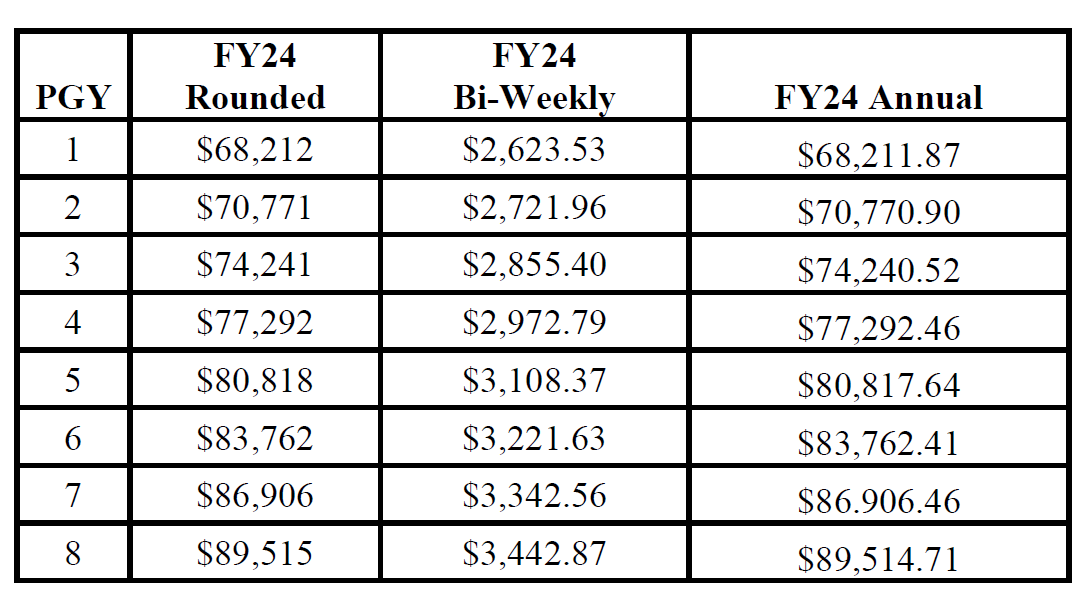Basic Science Training Programs
Ph.D. in Immunology and Microbiology Program
Postdoctoral Training
Ph.D. in Immunology and Microbiology Program (IMP)
Supported by NIH training grants, the IMP features cutting-edge research in:
- Viral immunology, pathogenesis and vaccine development
- Molecular virology
- Diabetes and transplantation immunology;
- Molecular and cellular immunology, including lymphocyte development and activation, antigen presentation, signal transduction, innate immunity, and mechanism of resistance to bacterial pathogens.
Immunology and microbiology are active interdisciplinary biomedical fields with studies ranging from molecular mechanisms to clinical trials. The IMP faculty is directed by the IMP Committee, an interdepartmental group that includes faculty with diverse research interests, including the molecular and cellular basis of immune responsiveness, and the control of viral, bacterial and parasitic infections.
The program has an NIH training grant to support both graduate students and postdoctoral fellows. Graduate students acquire a broad base of knowledge in biochemistry, genetics, and cellular and molecular biology through the core curriculum. Specialized training in IMP is initiated in the first year through the basic immunology course, BBS755 Infection and Immune Response, which introduces students to the scope and relevance of the immune system as well as basic principles of virology and the interaction of viruses with the host. Emphasis is placed on experimental systems. Further training in virology continues in the fall of the second year with the BBS822 Advanced Animal Virology, a course that emphasizes reading and analysis of recent research papers. Additional training in immunology continues in the second year, with courses, seminars, journal clubs and tutorials all of which explore the most active areas of current research. Laboratory rotations help familiarize students with current research methods and facilitate the selection of an area of interest and a laboratory in which students can pursue their dissertation research.
The individual research laboratories offer post-doctoral fellowships. Typical fellowships are for a minimum of two years. During this time the trainees undertake a major research project under the guidance of the Principal Investigator of the laboratory. As part of this process the fellows learn the field that they are researching in depth. They are taught how to carry out a successful research program. This includes the teaching of methodology, and how to formulate hypotheses, design well controlled experiments and critically evaluate results. Fellows are taught how to write manuscripts and give scientific talks. They will present their results in seminars to their colleagues, in regular weekly lab meetings, and annually in a departmental seminar. There are several high quality seminar series at UMass Chan and trainees are expected to attend lectures in their area research. The fellows typically participate in journal clubs in their home laboratories and also in a Department wide journal club for post-docs and graduate students. The fellows often participate in the teaching and/or supervision of students in the laboratory. The goal at the end of the training period is that fellows are prepared to conduct an independent research program and to successfully garner research support.
The department philosophy and environment is one that promotes interaction. We believe that it is important that trainees interact with one another and faculty, not just in their own labs, but in the department as a whole. Such interactions are part of the culture of the department. Interactions are also promoted though a weekly department sponsored social hour, seminars, departmental parties (3 per year), and two yearly off site retreats (one for the Immunology Program and another for the whole institution). In addition, interactions are facilitated by the fact that the research laboratories in the department are all co-located in contiguous space.
The training experience is further enhanced by ready access to very strong research infrastructure in the department and institutional core facilities.
Stipends and Funding
The level of stipend depends on the years of Post-Doctoral experience and follows, at a minimum, the guidelines recommended by the National Institute of Health. Full benefits and health insurance are provided. Funding for Fellowship positions comes from a number of different sources, such as grants awarded to the principal investigator, training grants, and fellowship grants. The Pathology Department are major participants in two training grants from the NIH that support some Post doctoral positions.
Application
Post-doctoral candidates must have an MD, PhD or DVM degree. Interested candidates can send their curriculum vitae directly to the Principal Investigator of the laboratory of interest or to the Chairman of the Department of Pathology.
